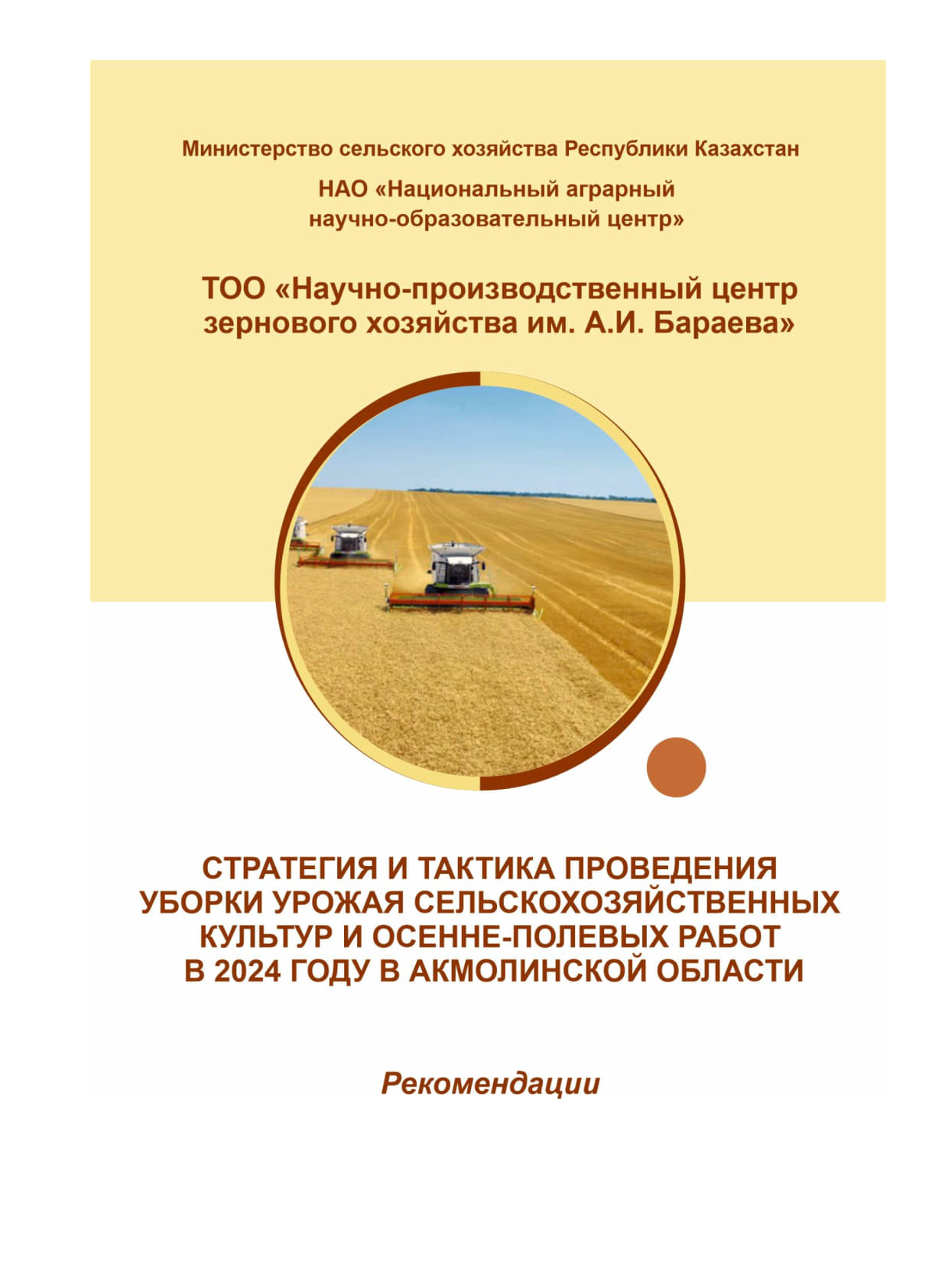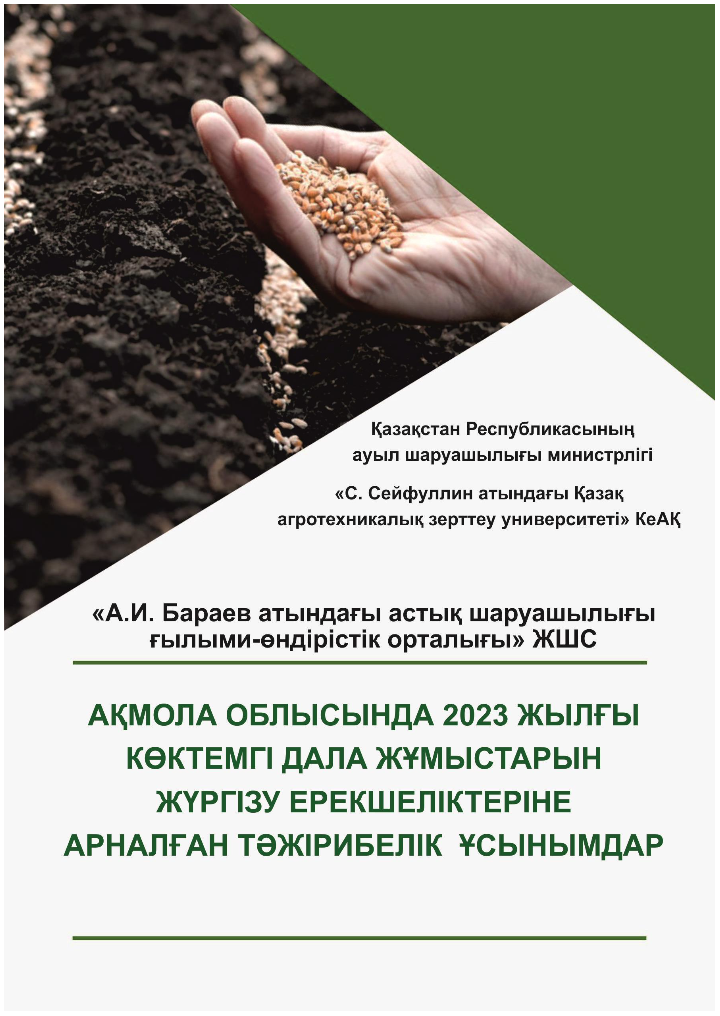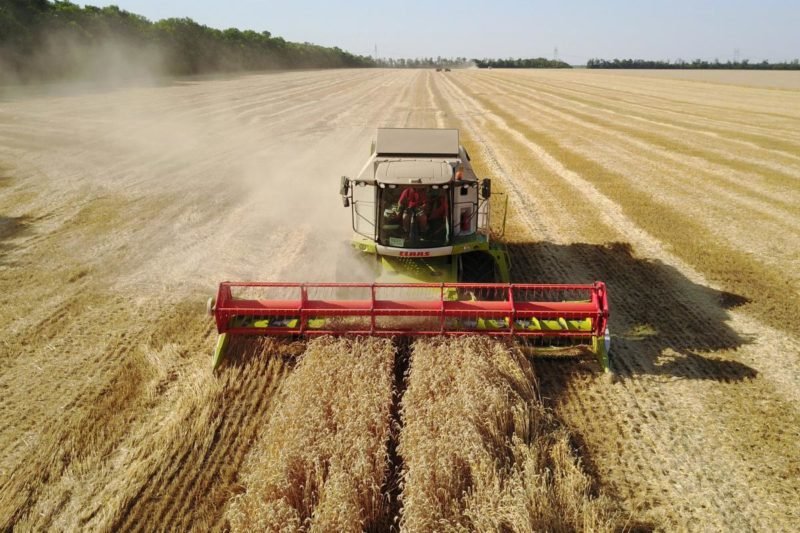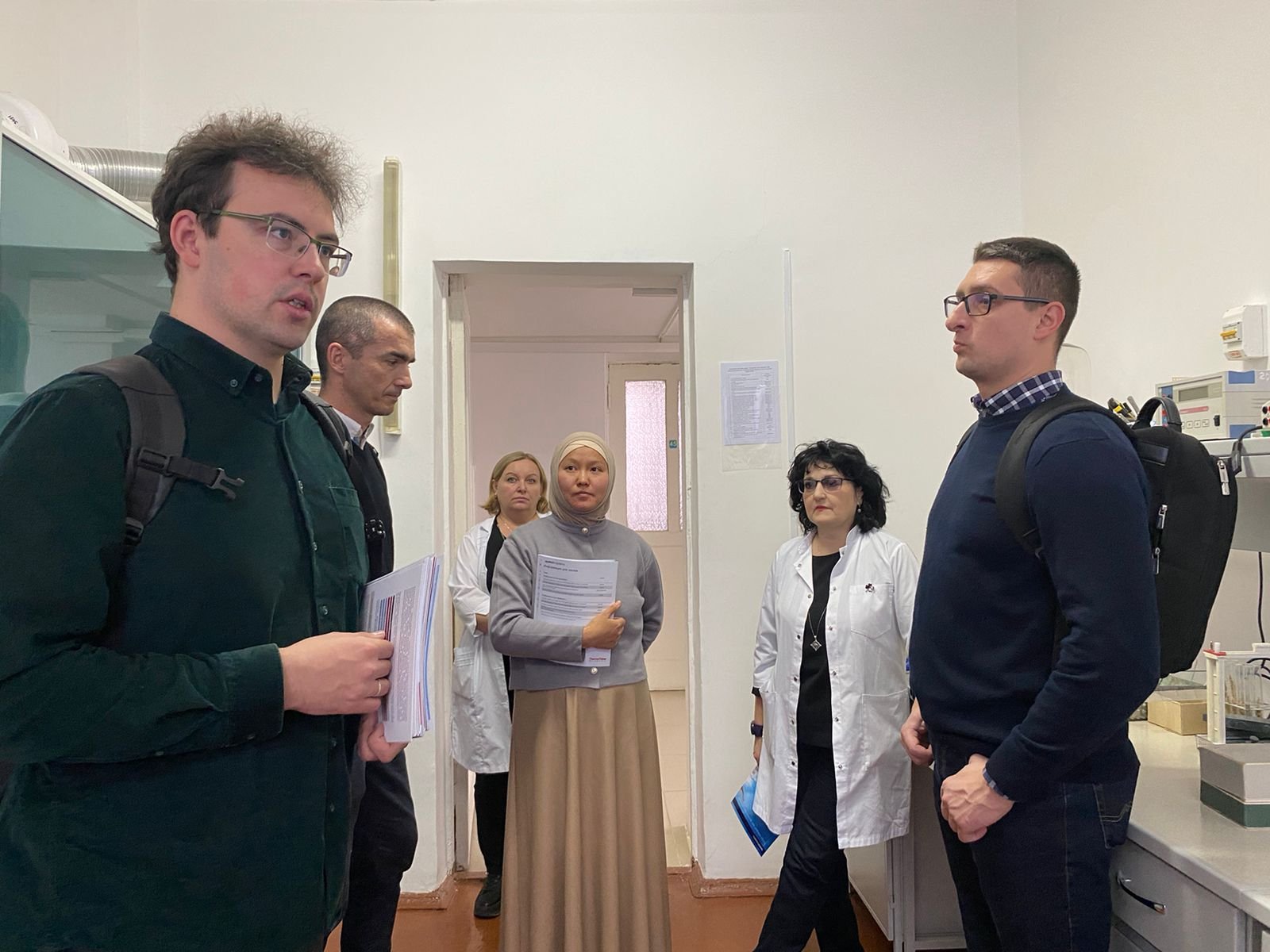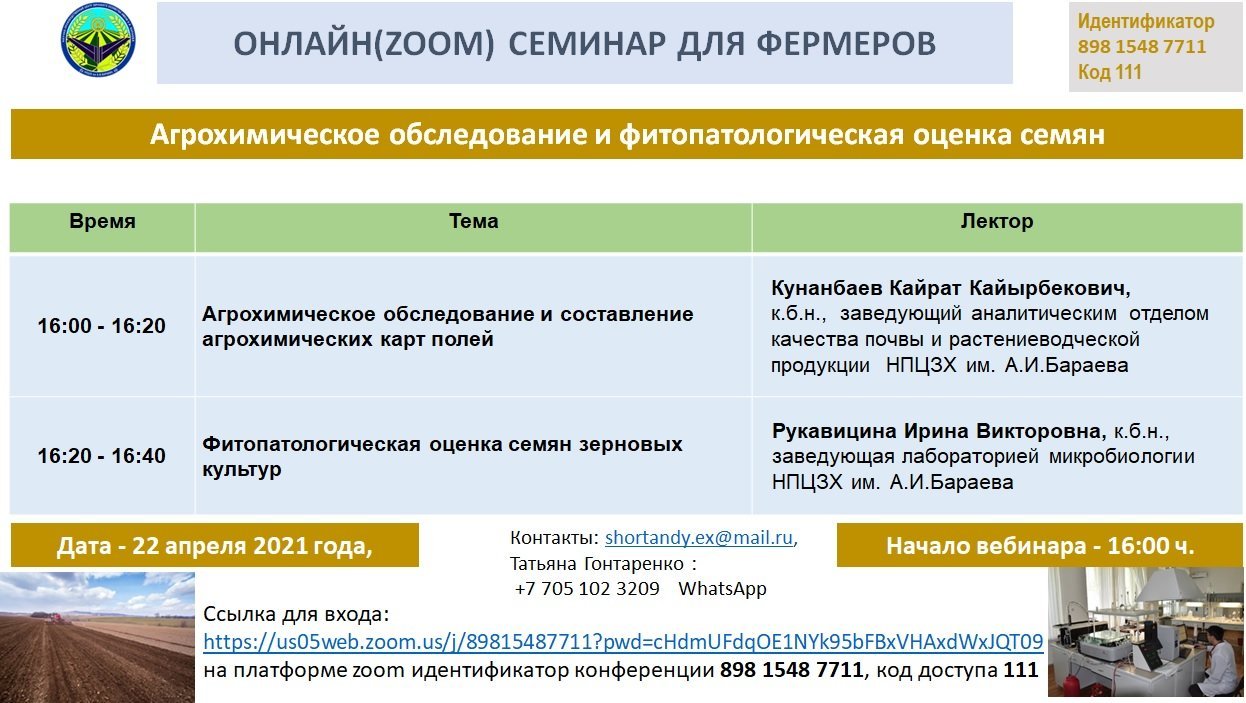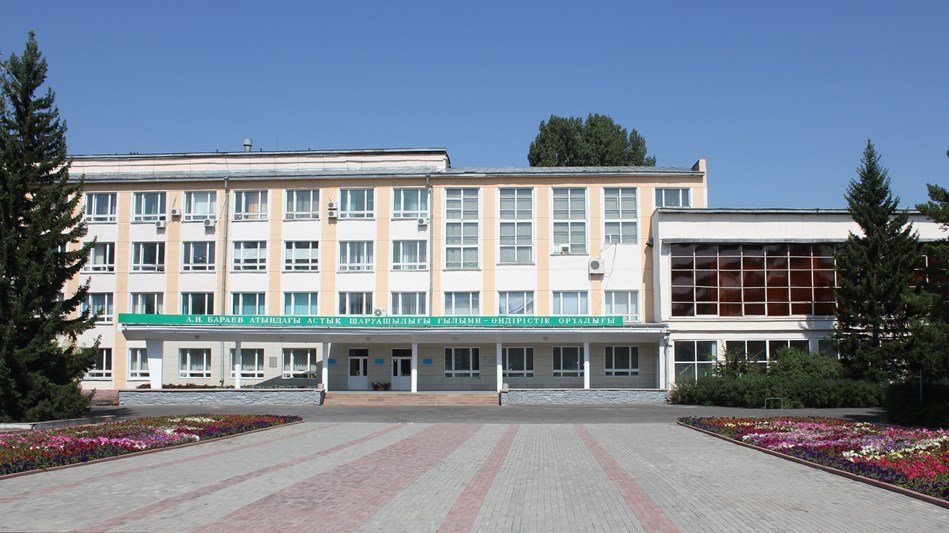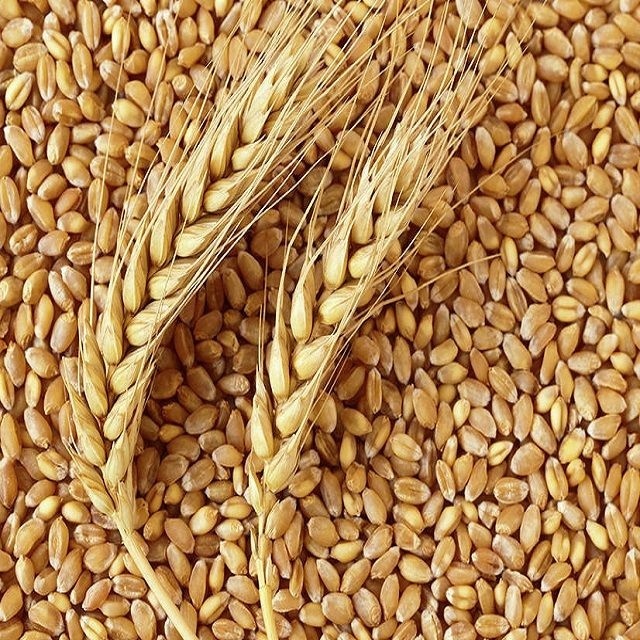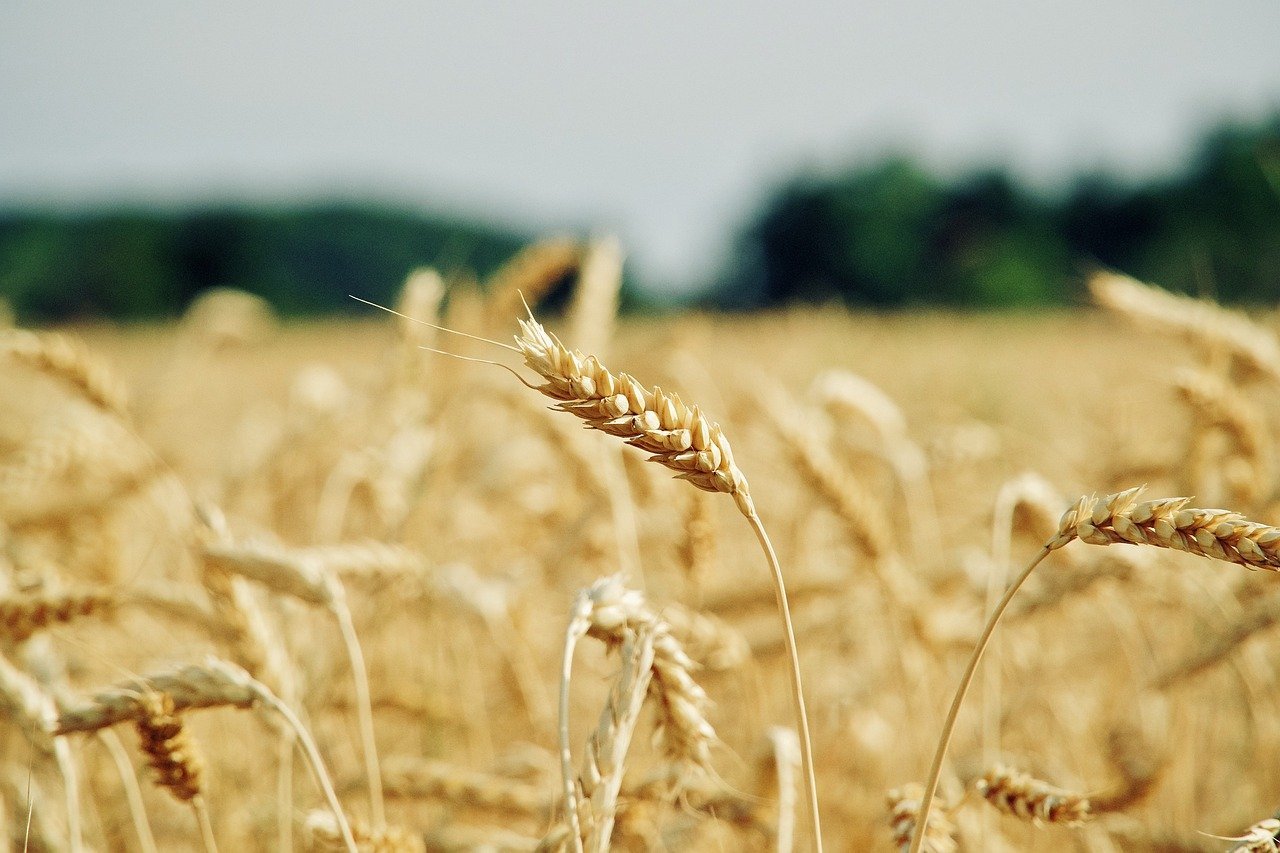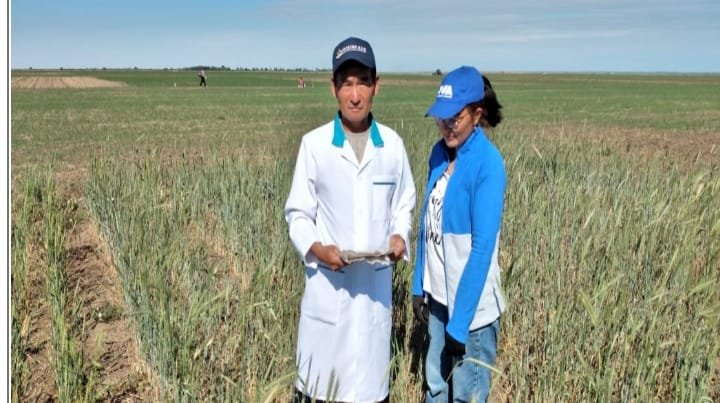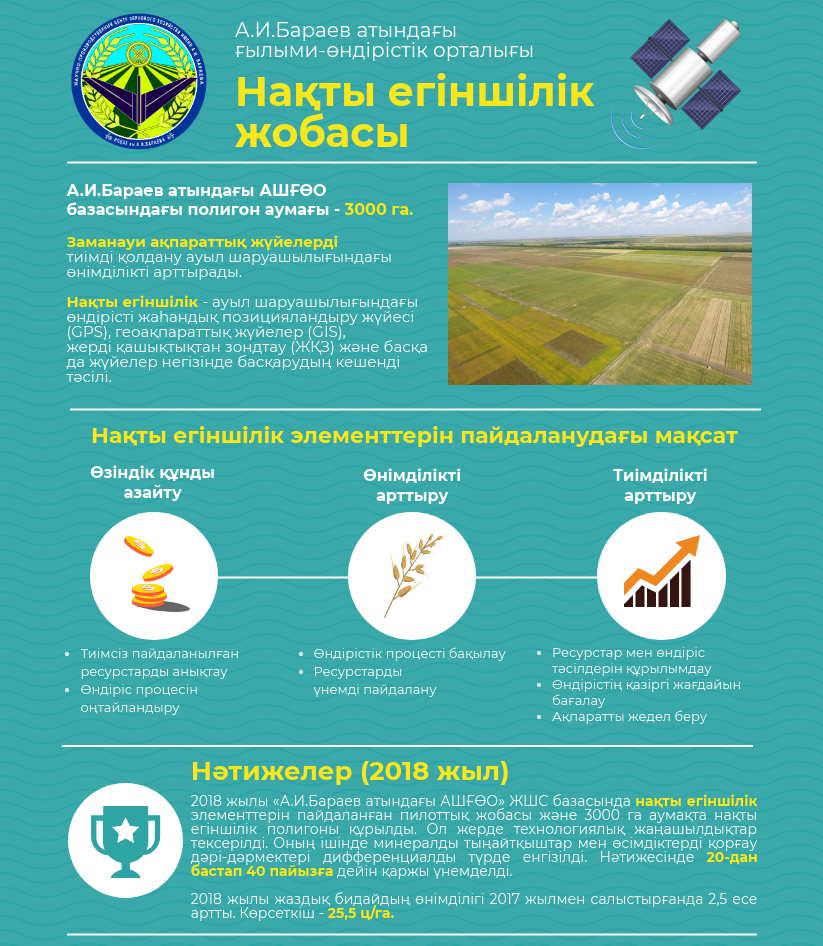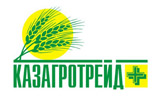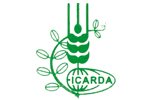Agrochemical soil survey: goals and values
News
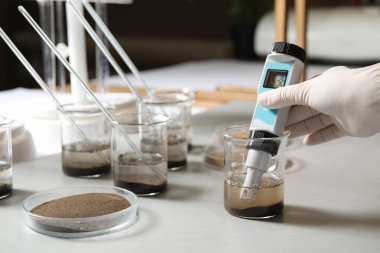
In 2015, the Analytical Center for determining the quality of soil and crop production was founded in the «Scientific and Production Center of Grain Farming named after A.I. Barayev» LLP. This center has become an important link in the system of agronomic research, as its specialists have many years of experience in this field. Highly qualified experts working at the center actively apply their knowledge and skills to solve various objectives related to soil analysis. One of the key advantages of the Analytical Center is the availability of modern close control equipment. This allows not only to carry out analyses with a high degree of reliability, but also to expand the range of studies. The center’s specialists can implement a wide range of tasks, including both scientific and commercial research.
Based on the results of the agrochemical survey, the specialists of «SPC GF named after A.I. Barayev» LLP make a detailed report, including:
-Agrochemical cartograms of fields indicating the distribution of nutrients and pollution levels
-Recommendations for the use of fertilizers
-A list of measures to improve soil properties (if necessary)
«SPC GF named after A.I. Barayev» LLP has a specialized group engaged in the selection of soil samples, which carries out field visits to farms, both for scientific research and for agricultural producers. This group uses advanced equipment to ensure high accuracy and efficiency of the process. In particular, the automated sampler Wintex 3000 is used, installed on the basis of the ISUZU SUV. The sampling process is carried out in elementary sections, the boundaries of which are pre-defined and entered into the geographic information system (GIS). The exact GPS coordinates are recorded for each sample, which then allows you to accurately plot the sampling points on the area map. This information is the basis for creating a detailed cartogram of the distribution of nutrients in the soil. Moreover, the sampling team follows a strict protocol that includes not only recording GPS coordinates, but also recording the sampling depth and meteorological conditions during sampling.
Agrochemical soil survey is a fundamental step in improving soil fertility and optimizing agricultural production. This survey is conducted in order to comprehensively assess the condition of agricultural soils, determine their agrochemical parameters and pollution levels. The results of the analysis provide valuable information necessary for the development of rational measures to improve soil properties and increase yields, it also allows you to study the basic parameters of the soil and obtain valuable data for making informed decisions in agricultural practice.
Agrochemical soil analysis: an enhanced understanding to improve fertility. This analysis allows you to study the basic parameters of the soil and obtain valuable data for making informed decisions in agricultural practice.
The main agrochemical indicators:
Mobile phosphorus, a form of phosphorus assimilated by plants, which plays a vital role in energy processes. Phosphorus is a part of nucleic acids and participates in the synthesis of proteins, fats and carbohydrates.
Exchangeable potassium is a mobile form of potassium that has a significant effect on the physico-chemical properties of plants and their resistance to adverse environmental factors. Potassium regulates the water balance, increases photosynthetic activity and improves product quality.
Nitrate nitrogen is a form of nitrogen used by plants to synthesize amino acids and proteins. Nitrate nitrogen is readily available to plants and is one of the main elements necessary for their growth and development.
The pH (soil acidity) determines the presence of hydrogen ions in the soil solution, as well as exchangeable hydrogen and aluminum ions in the soil absorbing complex. The availability of nutrients and the activity of microorganisms in the soil depend on the acidity.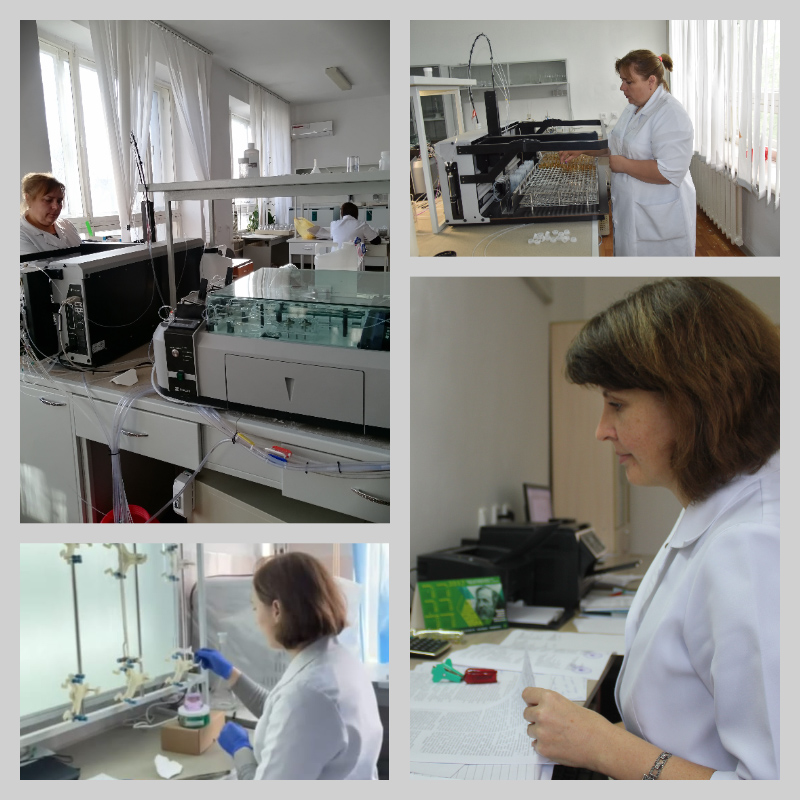
Soil organic matter is a complex system of organic substances of biogenic origin, including humus and the remains of plants and animals. It is the basis of soil fertility, improving its structure, moisture capacity, air permeability and supplying plants with nutrients.
In addition to the main indicators, agrochemical soil analysis may include the study of additional parameters that also affect soil fertility and crop yields.
The results of agrochemical research combined with the data from the field stage allow us to create a complete and objective picture of the soil condition, which is necessary for making informed decisions in the field of agriculture.
The recommendations received become the basis for the development and implementation of an integrated soil fertility management system that allows support optimal conditions for the growth and development of crops, increasing yields and ensuring the environmental safety of agricultural production.
Regular agrochemical soil surveys are an integral part of modern agriculture. It provides scientifically sound information about the state of soils and allows for the development and implementation of an effective fertility improvement system. This, in turn, contributes to increasing yields, improving product quality and rational use of resources, which is of great importance for the development of agriculture and food security of the country.
Acting Head of the analytical center for determining the quality of soil and crop production, Head of the Laboratory of soil and Agrochemical research, Master of Chemistry Zueva N.B.
